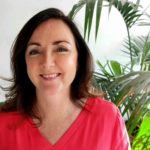In our latest episode of the Good Natured podcast – a podcast focusing on uplifting stories surrounding conservation challenges – our hosts spent time getting to know the inspiring Miriam Supuma, a conservationist from Papua New Guinea.
Miriam has been working in conservation for over 10 years and co-founded the Papua New Guinea Institute of Biological Research. She is also Synchronicity Earth’s ‘Flourishing Diversity Programme Manager’, focusing on the recognition of traditional knowledge and its role in safeguarding biodiversity and promoting diverse lifeways.
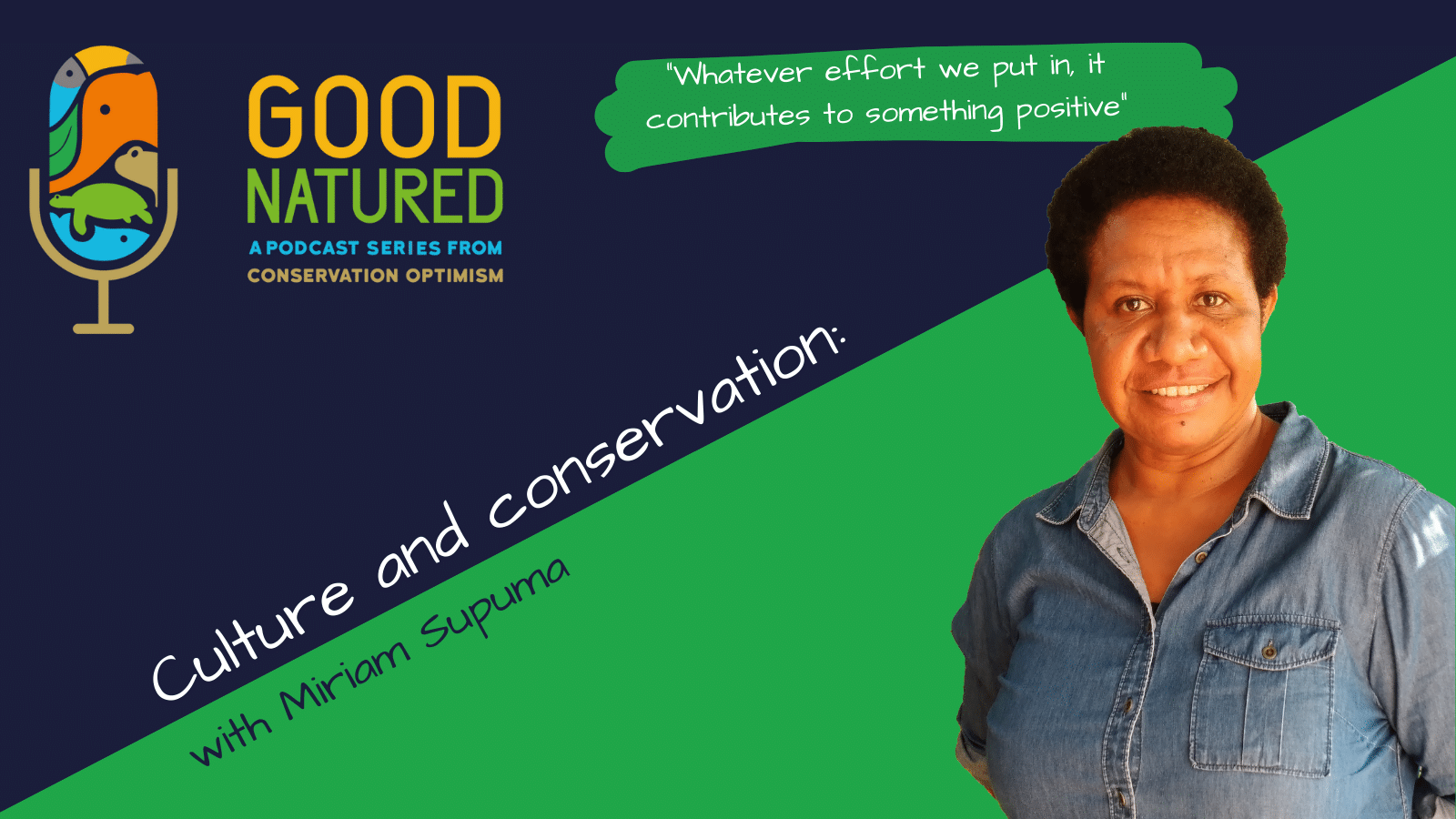
We started by asking Miriam why she decided to work in conservation. From this, she recalls her childhood where she grew up in a very remote area of Papa New Guinea, with “the freedom to wander and explore,” which led to a fascination with the natural world.
And while she grew up with a love of nature, a career in conservation didn’t seem very attractive, as she tells us it was seen as an “undervalued profession.” However, this didn’t hold her back, and today we’re happy to report, that she is enjoying a very rewarding career.
Intersection of culture and environment
Early in her career, Miriam developed an interest in the “intersection of culture and the environment.” In other words, how indigenous ways of life merge with the environment. This in turn led her to the study of birds of paradise and their connection to cultural identity.
Through her work, she discovered a common factor between the diversity of the birds and how the local communities related to them. The common factor was the respect and value local communities put on the beauty of the birds. So much so in fact, “that locals take on the identity of the birds,” Miriam says, “which is expressed through their headdresses.”
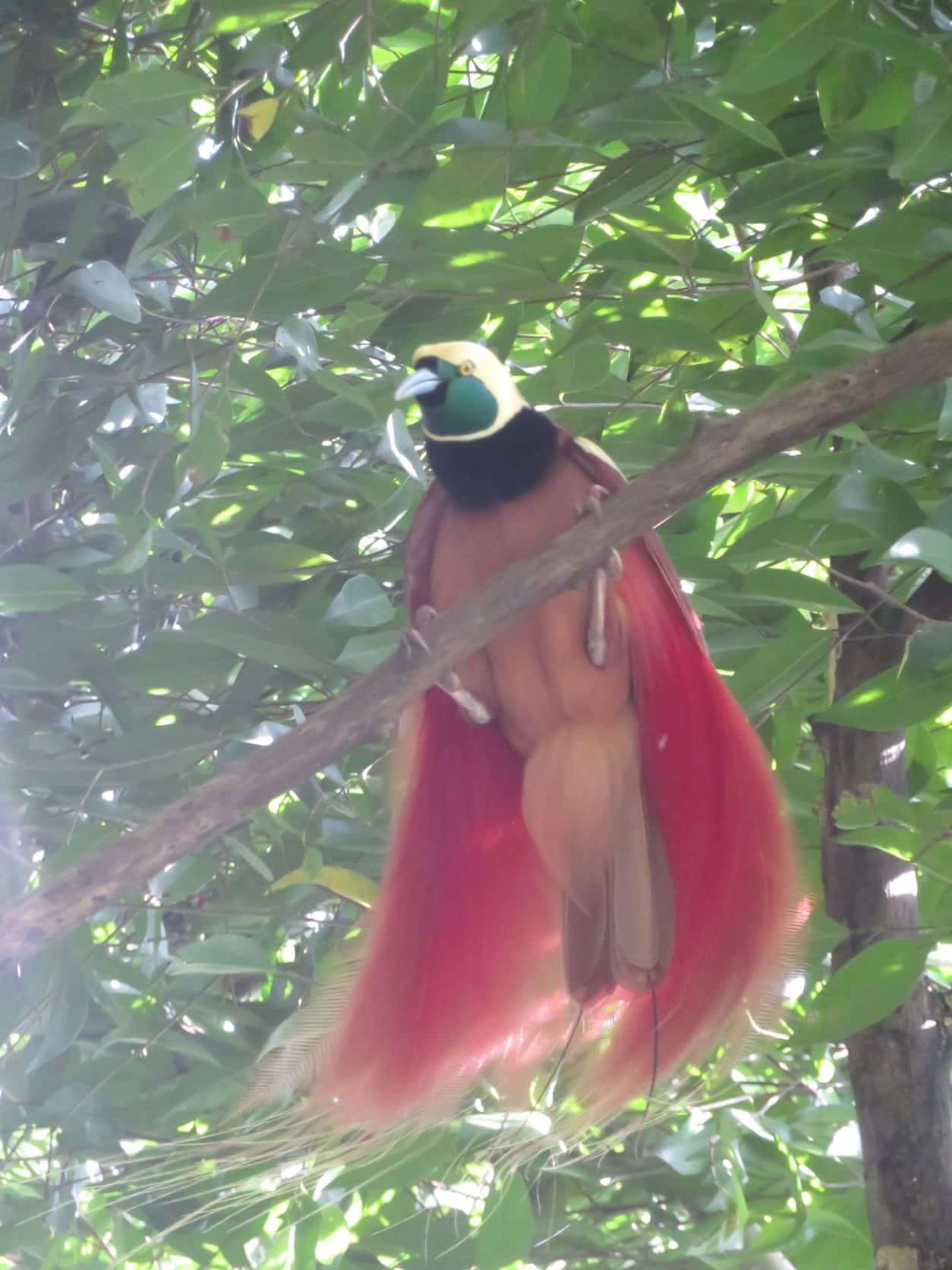
The Raggiana Bird of Paradise. Picture credits: Brett Smith
Connecting species to culture and conservation
Despite the deep respect for the birds, they are being over hunted, to the extent that Miriam is working hard to curb that. But interestingly, she is aiming to reduce the hunting without sacrificing cultural practices.
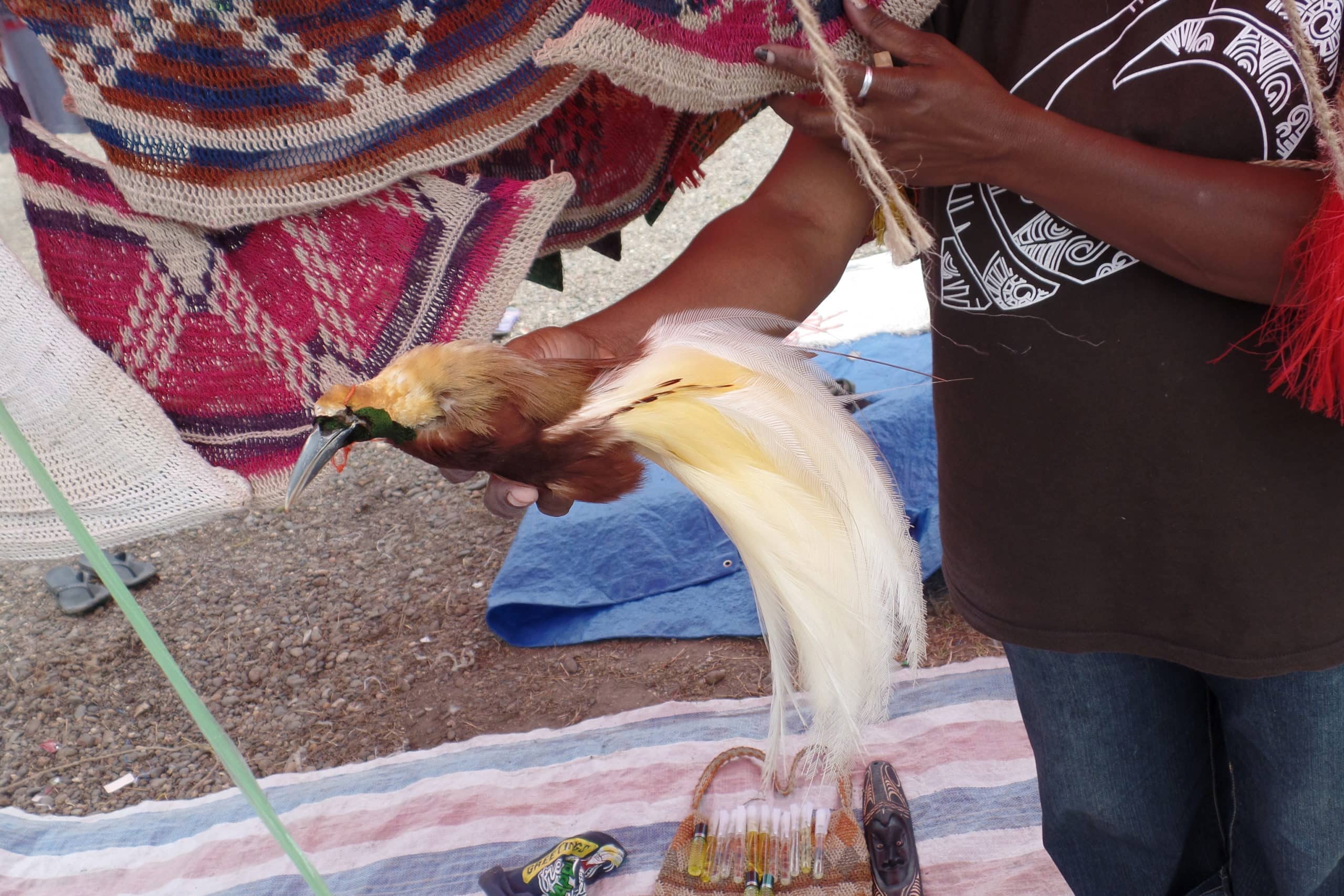
Dried plumes from the Lesser Bird of Paradise. Picture credits: Miriam Supuma
As she shares, while the birds are hunted for income, this is not always the main reason for them being hunted. Their feathers are important as an expression of cultural identity and are also used to build and strengthen community ties.
As she tells us, “When bird feathers are worn on headdresses, they symbolize the identity of a person wearing it, what culture or what place in Papua New Guinea they come from.”
So, while saving future birds is of course an important mission, Miriam believes the headdresses can still exist. But what she tries to do is persuade the local communities to preserve the headdresses they already have. “If they have a set of headdresses, it is important to preserve that and make sure it is kept well so that it continues to maintain its integrity. And then, there will be no need to purchase new additional feathers.” She also tries to persuade younger generations to reduce the number of feathers used in their headdresses.
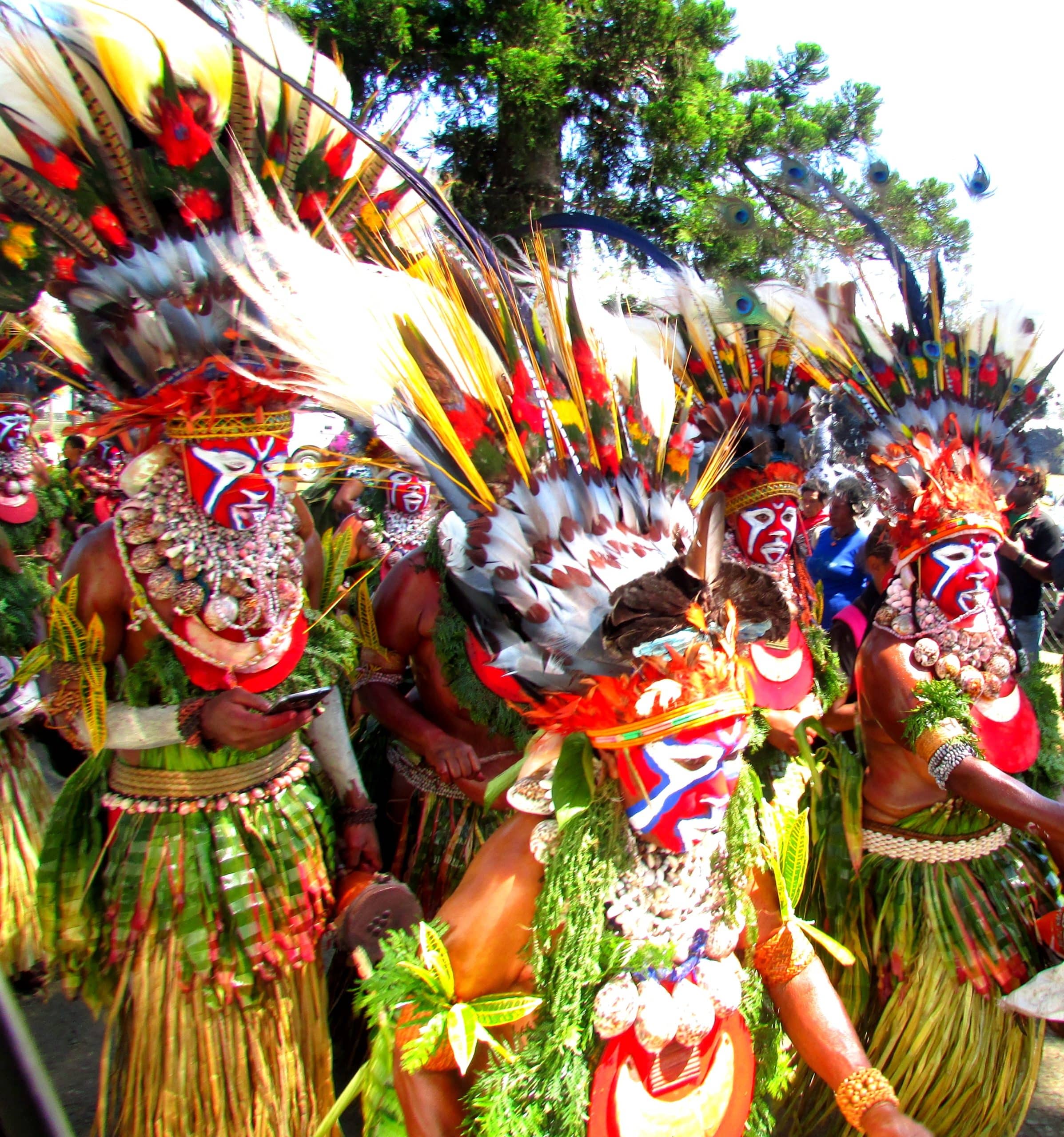
Local communities wearing traditional headdresses. Picture credits: Miriam Supuma
Traditional knowledge and safeguarding biodiversity
In her new role as Synchronicity Earth’s Flourishing Diversity Programme Manager, Miriam is focused on building recognition of the importance of maintaining traditional knowledge to safeguard biodiversity.
As she explains, traditional knowledge of the physical environment in which people live in, has helped communities “to survive for hundreds and thousands of years.” This knowledge, she adds, “may contain links or clues to understanding current biodiversity.” She believes that by preserving this local knowledge we have insight into saving biodiversity in the future.
To find out more about Miriam, her inspiring work, and why she is optimistic for the future of nature, listen below:
Did you know, the Good Natured has been featured in the Feedspot list of Best 35 Conservation Podcasts!


